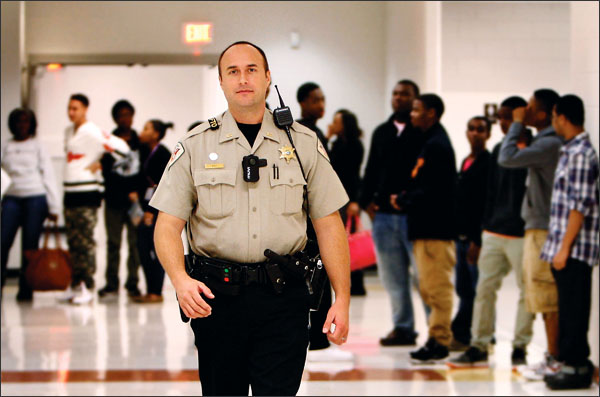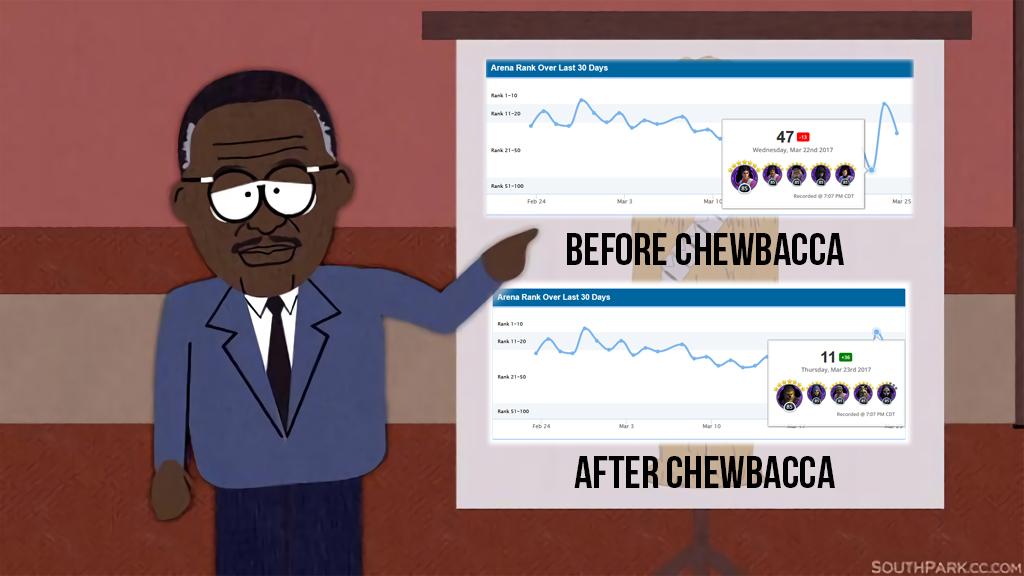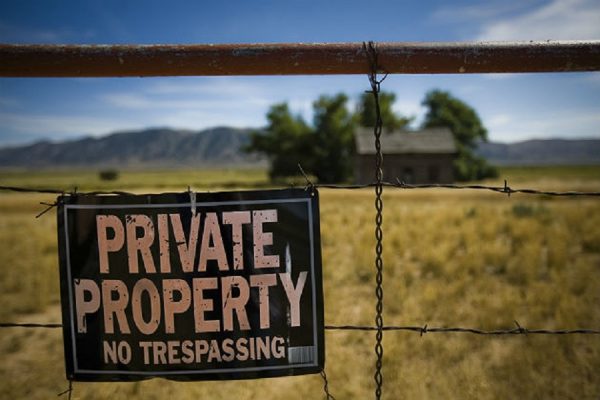Laws that protect student privacy can also harm efforts to discover and investigate campus crimes. And they may be abused by schools to shield themselves, rather than students. Preferring to keep statistics about sexual assaults undercover, some schools may be relying on student privacy laws to keep campus scandals hushed.
A recent editorial in The New York Times asks how much a university should have to reveal about sexual-assault cases, and whether schools are using student privacy laws as a means of covering up sexual crimes on campus. Let’s examine the contentions.
What Is FERPA?
The Federal Education Rights and Privacy Act, or FERPA, prohibits universities from “capriciously releasing education records.” According to Jon Krakauer, who researched sexual assault on campus for a book released last year, and whose efforts were thwarted by some schools, universities are using the laws to deny public access to information that might blemish their reputations.
“[T]hey routinely claim that FERPA prevents them from disclosing such information even when disclosure is plainly warranted.” Krakauer writes, “In many instances, the suppressed records concern sexual-assault complaints.” He discovered this when he tried to find information about an off-campus rape of a University of Montana student by a wildly popular school football star, Jordan Johnson. A university tribunal found the student guilty and administrators voted to expel him. But he remained in school and the university has used FERPA as an excuse to remain silent ever since.
Why FERPA?
FERPA was enacted in 1974 to protect the privacy of academic transcripts. Its primary author was Senator James L. Buckley of New York who has since said that the law’s original intent has been perverted and that it is applied too broadly. Krakauer challenged the University of Montana’s reliance on FERPA in court and the case is now awaiting a ruling from the Montana Supreme Court.
The state’s high court must now decide what is the appropriate balance between a student’s right to privacy, a school’s duty to protect students and desire to avoid scandal, and a reporter’s request for documents he believes should be public. “It’s anyone’s guess how the court will rule, or when, but the outcome is likely to leave a deep imprint on right-to-know jurisprudence — and, by extension, the adjudication of campus rape — that stretches far beyond Montana,” Krakauer concludes.
Talk to a Lawyer
If you or someone you know has been the victim of a sexual assaultor has been charged witha crime on campus, don’t delay. Speak to an attorney today.










